The Royal Navy’s minehunting contingent based in Bahrain struck out into the Gulf for combined training with the US Navy.
Five British ships – four mine hunters, one Bay class vessel – plus three American minehunters and a detachment of specialist minesweeping helicopter pooled collective equipment and talent for MCMEX17-1.
All five of the UK’s mine warfare vessels based in the Middle East put to sea for the large-scale combined Mine Countermeasures Exercise: HM Ships Bangor, Penzance, Middleton and Chiddingfold, plus RFA Lyme Bay which serves as a command/supply/depot ship for British and Allied minehunters.
Like the Royal Navy, the Americans maintain a permanent force in Bahrain ready to respond should anyone try to mine the three main ‘choke points’ for shipping in the region – Suez, the Strait of Hormuz, gateway to the Gulf, and the Bab el Mandeb at the foot of the Red Sea – particularly as two fifths of the world energy needs are met by the natural reserves of the Gulf.
The US Navy committed three of its minehunters – USS Devastator, Gladiator and Dextrous, which are similar to our Hunts in ability (even down to the Seafox submersibles used by both to detect and destroy mines), but considerably larger and fitted with wooden decks.
They also detached a unit of giant MH53 Sea Dragon helicopters (seven tonnes heavier and 20ft longer than Royal Navy Merlins), unique in the western world as ‘flying minesweepers’; they can trail a cutting wire through the ocean to cut mines from their tethers, before divers out to neutralise the devices.
Despite the common aim and some common kit, the two navies still need to run regular combined exercises to ensure the sum is greater than the individual parts.
Cdr David Morgan, Commander of all RN mine warfare forces east of Suez, directing operations with his staff from Lyme Bay said:
“MCMEX 17-1 is one of several annual joint exercises which allow the coalition forces stationed in the Gulf to hone our skills and be able to respond to any mine threats.
By continually training together the MCM component of the Combined Maritime Forces can help to safeguard the free flow of commerce in and out of the Gulf.”


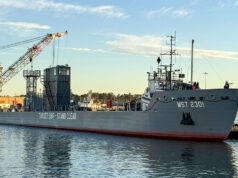
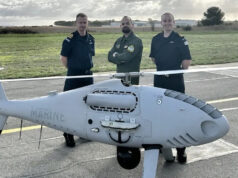
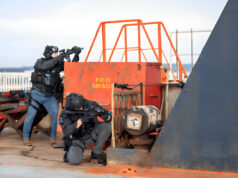
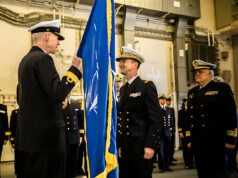
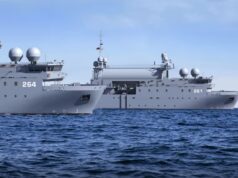
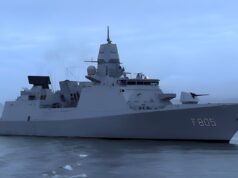
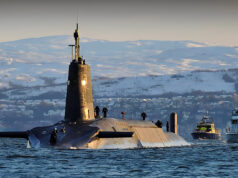
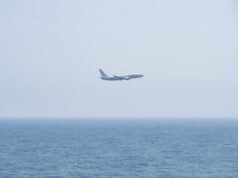
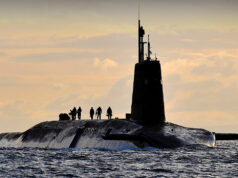


So how many actual live mines do we deal with in the gulf every year?